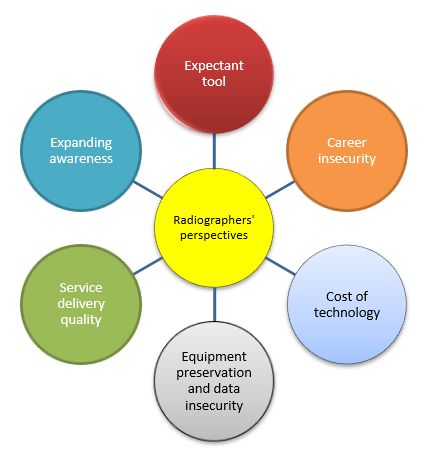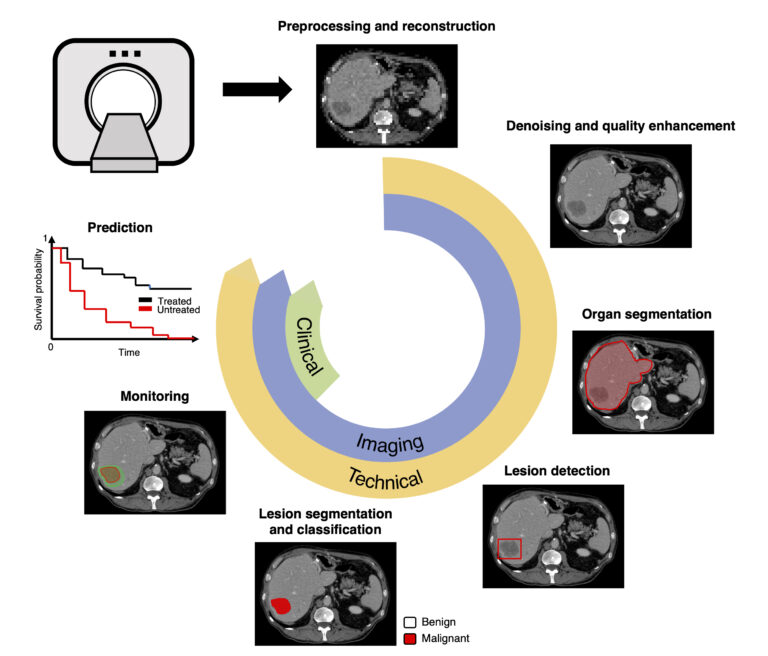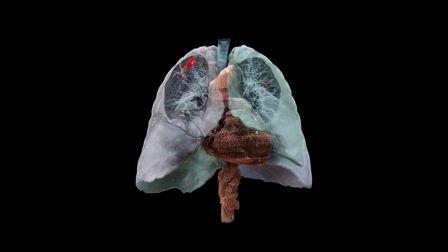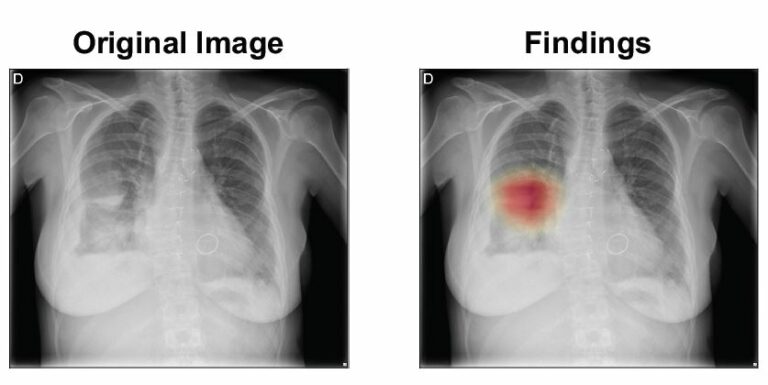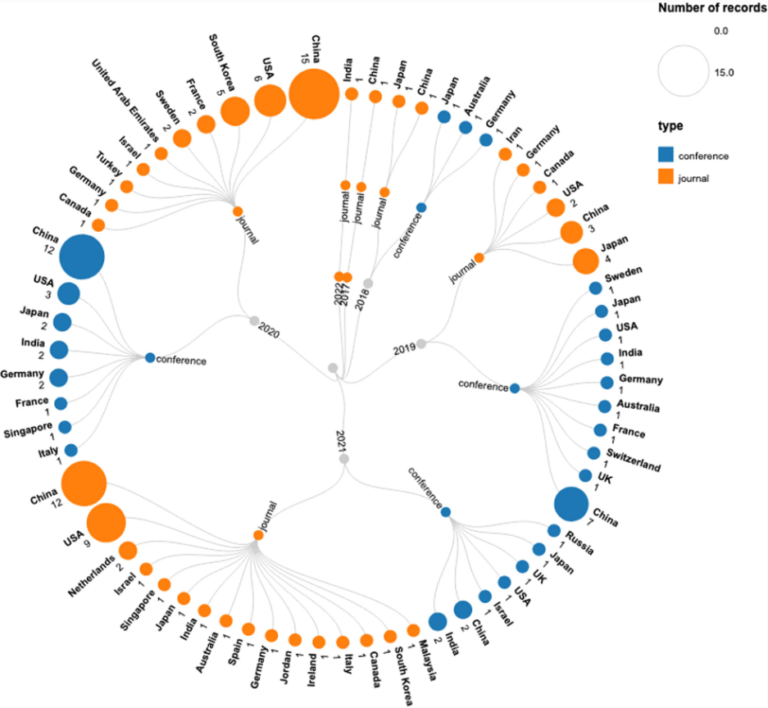
The role of generative adversarial networks in brain MRI
Magnetic Resonance Imaging (MRI) is a widely used medical imaging technology that is non-intrusive and considered safe for humans and can generate different modalities of an image, as well as provide valuable insights into a specific disease. The frequent sequences of MRI are T1-weighted and T2- weighted scans. The popularity of artificial intelligence (AI) for brain MRI is on the










